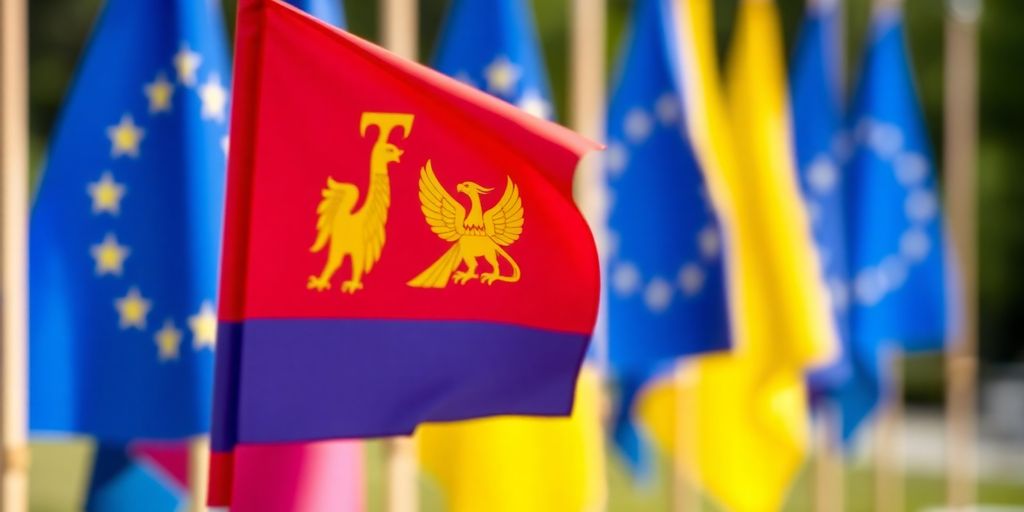Montenegro is actively strengthening its international ties through significant engagements with key organizations. Recent developments include a high-level visit from the OSCE Chair-in-Office to reaffirm partnership and support for democratic values, alongside the formalization of cooperation with the European Centre for Disease Prevention and Control (ECDC) to enhance public health security.
OSCE Reaffirms Partnership and Support
OSCE Chair-in-Office, Deputy Prime Minister and Minister for Foreign and European Affairs and Trade of Malta, Ian Borg, concluded a visit to Montenegro on November 12, 2024. The visit underscored the enduring partnership between the OSCE and Montenegro, focusing on shared commitments to democratic values and institutional resilience. Discussions with Deputy Prime Minister and Minister of Foreign Affairs Ervin Ibrahimović centered on Montenegro’s priorities and how the OSCE can provide optimal support.
- Key Takeaways:
- Continued OSCE support for advancing the rule of law.
- Emphasis on enhancing media freedom and ensuring journalist safety.
- Commitment to supporting comprehensive electoral reform.
- Recognition of the vital role of independent media in a democratic society.
- Dedication to strengthening the protection of journalists and fostering a resilient media landscape.
During his visit, Borg also met with civil society representatives to discuss media freedom, journalist safety, and the importance of media literacy. He highlighted the OSCE’s ongoing efforts to strengthen media freedom and create a safe environment for journalists, a core priority of Malta’s OSCE Chairpersonship. Furthermore, Borg commended the OSCE Mission to Montenegro’s staff for their dedication, emphasizing the crucial role of field operations in translating OSCE principles into tangible results for communities.
ECDC Formalizes Cooperation for Public Health Security
On April 28, 2025, the European Centre for Disease Prevention and Control (ECDC) formalized its long-standing cooperation with Montenegro, Albania, Kosovo*, and Moldova by signing Memoranda of Understanding (MoUs). This significant milestone, following 14 years of close collaboration, aims to bolster public health capacities within countries under the EU’s Enlargement policy.
- Key Takeaways:
- Formalization of cooperation through MoUs with Montenegro and other EU enlargement countries.
- Ensuring sustainable exchange of information on cross-border infectious disease threats.
- Facilitating participation of these countries as observers in ECDC networks.
- Promoting the sharing of best practices with EU Member States.
- Establishing a prerequisite for specific agreements for personal data transfer, including access to ECDC surveillance platforms.
Since 2004, with financial backing from the European Commission, ECDC has been working to enhance the capacities of Western Balkan countries and Türkiye. This has enabled their national public health authorities to participate as observers in various ECDC networks, activities, and technical discussions covering communicable disease surveillance, data-sharing, epidemic intelligence, threat detection, microbiology laboratory capacities, One Health responses against antimicrobial resistance (AMR), and preparedness and response.
Sources
- OSCE Chair-in-Office Borg concludes visit to Montenegro, Organization for Security and Co-operation in Europe.
- ECDC signs Memoranda of Understanding with Albania, Kosovo*, Montenegro and Moldova, European Centre for Disease Prevention and Control (ECDC).






